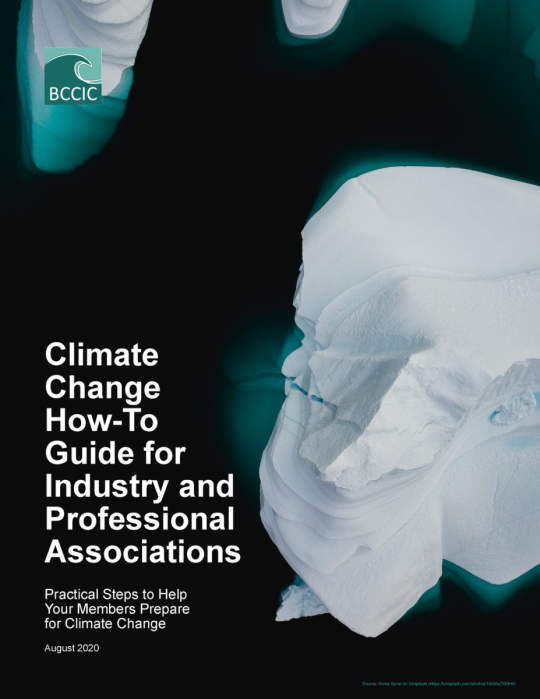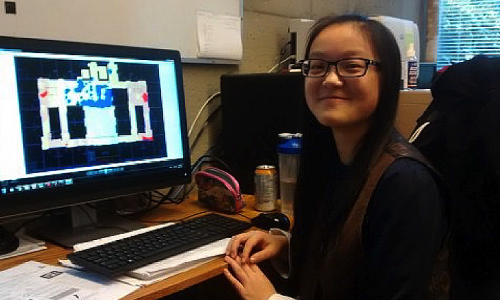
In Grade 9, I resolved to pursue a career with a positive impact on the environment and society. My motivation for doing so stemmed from many places, but the main driver was my understanding of the threat that climate change posed to my generation and generations to come.
As a starting point for this open-ended career path, I enrolled in SFU’s Resource and Environmental Management program, which would equip me with the knowledgebase for such a career. I also applied to the Environment Co-op program to gain the necessary on-the-ground experience and skills for undertaking impact work in the real world and building my network for the rest of my career.
In 2020, 6 years after my Grade 9 resolution, I landed my first co-op “impact job”.
Over the summer of 2020, I worked as a Climate Emergency Policy Analyst for the British Columbia Council for International Cooperation (BCCIC), a network-based organization that works to implement the United Nations Sustainable Development Goals locally and globally. During the three-month position, which was funded by the Pacific Institute for Climate Solutions, I was given free rein to research, write, and design a guidebook on the actions industry and professional associations can take to prepare for – and influence the course of – climate change. Apart from the feelings of immense pressure at the thought of undertaking such a monumental task, I was excited about the opportunity to work on a project with the potential for widespread positive impact on society and the environment, particularly climate change.
My concerns about climate change were heightened back in 2019 when scientists around the world amplified their call to action by declaring “clearly and unequivocally” that our planet is facing a climate emergency. Their key message: without immediate and forceful action to reduce greenhouse gas emissions in the next ten years, our planet’s climate could reach a tipping point, making global warming irreversible in human timescales. In Canada, where temperatures are warming twice as fast as the global average, this would result in frequent and severe climate impacts, causing large-scale disruptions to economic stability and trade, damaging supply chains, reducing food and water security, and threatening the health and well-being of Canadians, especially vulnerable populations.
The key to avoiding this catastrophic scenario and minimize impacts on our businesses, infrastructure, and communities is to limit global warming to 1.5 degrees Celsius. Unfortunately, we are currently on track to reach a global temperature rise of 3 - 4ºC by the end of the century. To achieve 1.5ºC, we would need to reduce greenhouse gas emissions by 45% below 2010 levels by 2030 and reach net zero emissions by 2050.
Action to reduce emissions and prepare for climate change must be taken collectively and in a coordinated manner, involving government, civil society, and every professional and industry sector.
This is where my project fits in.
Industry and professional associations – with their broad-based memberships of businesses and professionals – are a key component of society’s effort to prevent climate change. Not only that, but it’s clear that time is limited. Climate change likely won’t be addressed on a case-by-case basis, but by instead focusing on entire industries and professions and the associations which represent them.
The Climate Change How-To Guide for Industry and Professional Associations, which was published at the end of my work term on August 5th, recognizes the importance of associations, and the professionals and industries they represent, in facilitating a coordinated climate change response across BC, Canada, and internationally. It is a tool for associations of any size to help their members prepare for and address the climate emergency.
To develop the Guide, I researched existing best practices, analyzed climate change resources, and consulted over 30 industry and professional association representatives and subject matter experts.

By following the steps in the Climate Change Guide, associations can help their members become climate change leaders, play their role in the transition to a low-carbon economy, reduce greenhouse gas emissions, and increase their resilience in the face of climate change. And, judging by the amount of activity on social media and the emails I’ve received, the Guide appears to have already made a positive impact among industries and professionals across the country. It doesn’t end there, however – I was also invited to present on the guide to the BC Professional Associations Adaptation Working Group in October 2020, which was received with lots of enthusiasm and interest from the Working Group’s members. As professional associations are a key target audience for the guide, their interest was a positive sign of the Guide’s relevance.
My key message to you is to never doubt how much impact you can have as a student in the workforce.
As young people, we have an incredible opportunity to shape a future we want to be a part of. We should have confidence in our ability to make a difference in the world, whether that is through our family roles, our volunteering, the classroom, or the workforce. It is up to us to shape not only the future ahead but the jobs that will get us there.
As a result of this project, I believe I am better prepared to take on more impact jobs in the future – and have a greater impact on the world.
Beyond the Blog
-
If you would like the opportunity to work for the BCCIC, visit their website.
-
You can download the full Climate Change Guide and Interactive Scorecard for free on BCCIC's website.
















